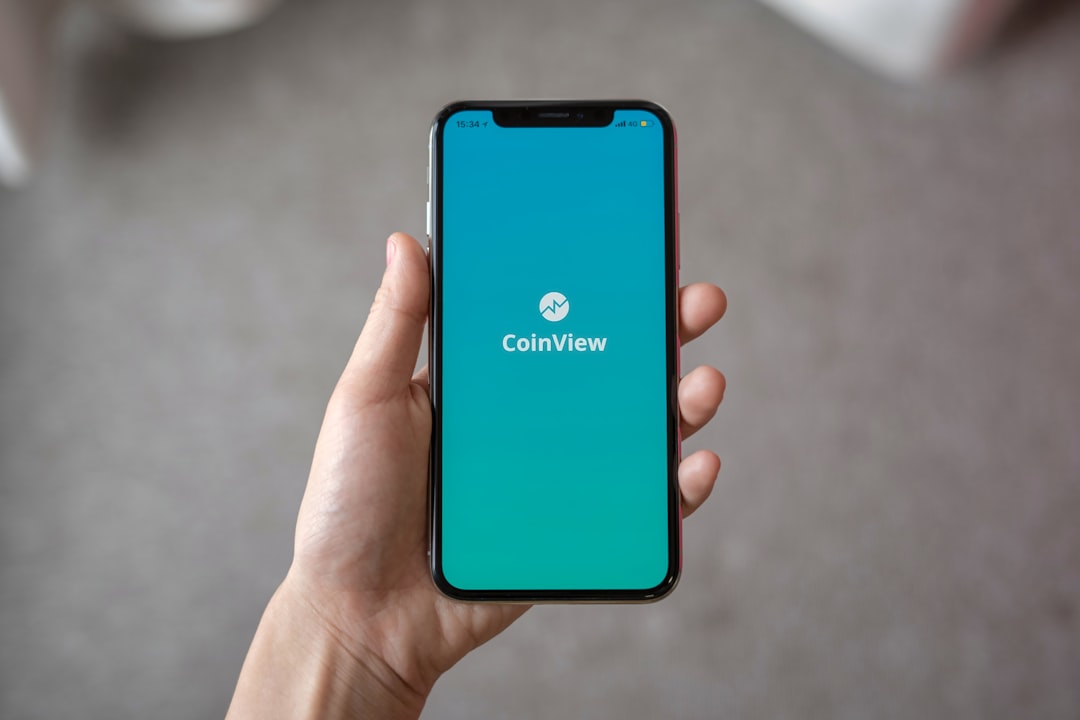In Noblesville, Indiana, No Call laws protect residents from unwanted telemarketing calls by restricting business calls to numbers on the state's "Do Not Call" registry. Businesses that comply with these laws avoid fines, damage their reputation, and legal issues while building trust and healthier customer relationships through targeted, consent-based marketing. Effective strategies include robust do-not-call systems, obtaining explicit consent, offering easy opt-outs, training staff, regular audits, and leveraging technology for personalized communication without intrusive calls.
“In the competitive business landscape of Noblesville, Indiana, understanding and adhering to local No Call laws is crucial. This comprehensive guide provides a detailed overview of No Call regulations in Indiana, emphasizing their significance for Noblesville companies. We explore why compliance matters, delving into potential impacts on local businesses and offering practical strategies to ensure effective No Call compliance. By following these insights, businesses can navigate the legal requirements seamlessly.”
Understanding No Call Laws in Indiana: A Summary for Businesses

In Indiana, No Call laws are designed to protect residents from unwanted telemarketing calls and sales pitches. These regulations govern how businesses can contact consumers by phone, ensuring a balance between marketing efforts and personal privacy. Understanding and adhering to these laws is crucial for businesses in Noblesville and across Indiana to avoid legal repercussions and maintain customer relations.
Indiana’s No Call Laws restrict businesses from making telemarketing calls to telephone numbers listed on the state’s “Do Not Call” registry. This includes residential and mobile phone numbers. Businesses must obtain explicit consent from consumers before placing calls, and even then, there are specific guidelines regarding call frequency and timing. By respecting these regulations, Noblesville-based businesses can foster a positive reputation, ensuring their marketing strategies align with the state’s legal framework.
Why Compliance Matters: The Impact on Noblesville Companies

Compliance with No Call Laws in Indiana is paramount for businesses operating in Noblesville, as it significantly influences their interactions with local consumers. These laws are designed to protect residents from unwanted telemarketing calls and ensure a certain level of privacy. Non-compliance can lead to substantial fines, damage to the company’s reputation, and even legal repercussions. By adhering to these regulations, businesses demonstrate respect for their customers’ time and choices, fostering trust and loyalty.
For Noblesville companies, understanding and implementing No Call Laws is crucial for maintaining a positive image in the community. It allows them to engage with potential clients through more effective marketing strategies, focusing on targeted, consent-based communication. This approach not only helps businesses avoid legal traps but also encourages a healthier, more responsive customer relationship, which is essential for long-term success in any market.
Strategies for Effective No Call Compliance: A Practical Guide

In Noblesville, Indiana, as across the state, strict No Call Laws are in place to protect residents from unwanted telemarketing calls. Businesses must proactively embrace effective strategies for compliance to avoid penalties and maintain customer satisfaction. One crucial approach is to implement a robust do-not-call system that accurately tracks and respects consumer preferences. This involves obtaining explicit consent for marketing calls and offering an easy opt-out mechanism, such as a simple “unsubscribe” option on each call or message.
Additionally, businesses should invest in comprehensive training for their sales and marketing teams to ensure they understand the nuances of No Call Laws in Indiana. Regular audits of calling practices can help identify and rectify any deviations from compliance standards. Embracing technology is also key; automated systems that allow for personalized communication while adhering to do-not-call lists can significantly reduce errors and improve customer experience.






